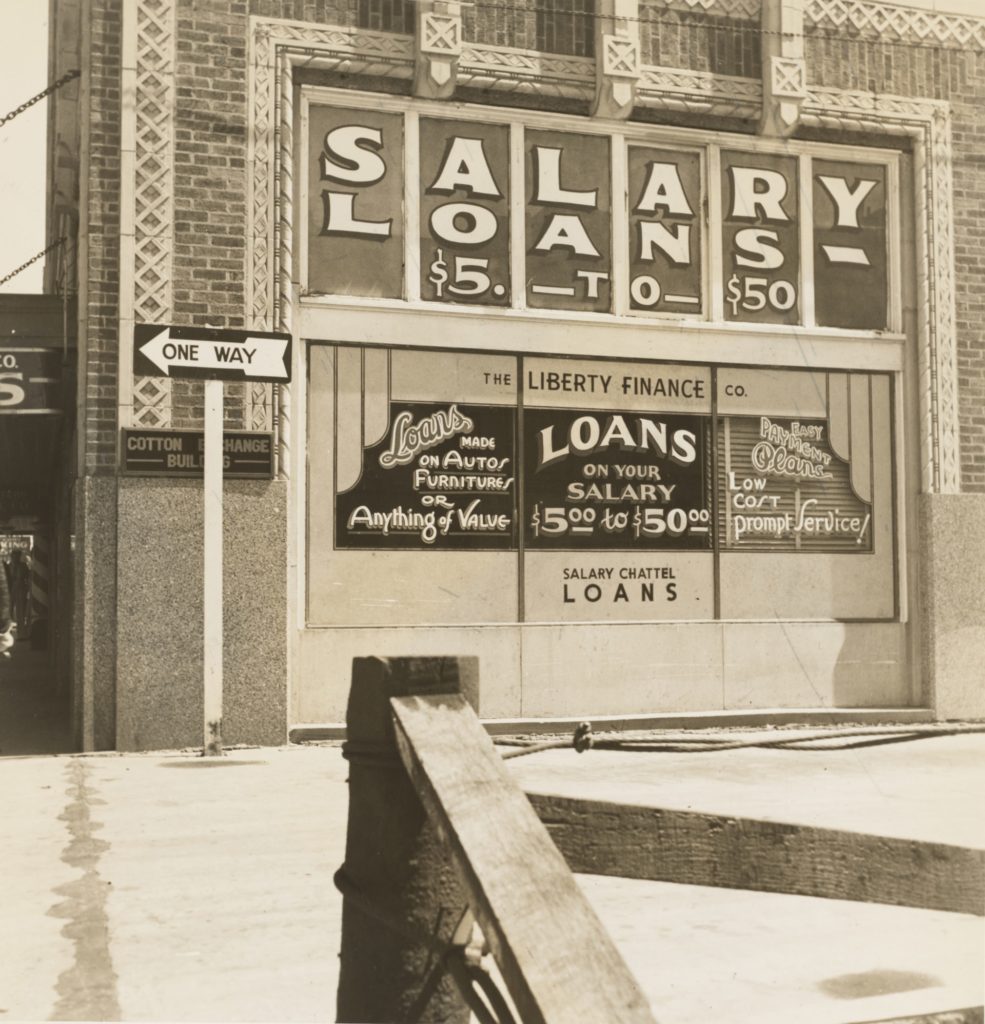Inheritance loans — often referred to as estate or probate loans — are a fairly straightforward way to gain access today to funding you will have in the future. An inheritance loan is a line of credit based not on your credit score and history, but rather on collateral assets you will possess once the probate adjudication of your inheritance is completed. This is particularly valuable for those who stand to inherit a major windfall due to a family member who has recently passed.
Collateral Explained
First, in order to understand the mechanics of a probate loan, you must understand collateral. Collateral is simply the leveraging of one asset in order to borrow for another. You don’t have to give up your stake in collateral-backed loans unless you default on the payments. For example, a real estate property could act as a backstop for the bank financing your personal loan. It gives the creditor peace of mind that they won’t lose money on your transaction, and if you pay off the loan based on your agreed-upon terms without any hitches then there is no jeopardy for your property. It remains in your physical and legal possession throughout the entire repayment process.
Collateral in the traditional use allows for longer repayment periods, lower interest rates, and greater peace of mind throughout the borrowing process. It’s why savers like to invest in physical resources that can be leveraged against future borrowing, and likely forms a component of your inheritance, too.
Probate and Inheritance Advances

An inheritance advance works in a similar way, although your repayment is typically made in a lump sum once you receive the assets from a probate court. This cuts out monthly payments but takes a chunk out of your payout later on. Borrowers are able to leverage the expected assets that they will own in the future as tangible financial instruments today in order to tap into the cash value for major purchases. Unlike straight collateral deals, stocks, bonds, and cash assets are included in the valuation. Collateral backed loans are only able to take advantage of real estate, precious metals, and the like because they are physical commodities that a bank can easily sell off for a stable price in the event that you default. An estate loan takes cash and other valuables into consideration because they act as physical assets while the adjudication process is ongoing.
Terms and Conditions
Probate estate loans typically do not involve interest or monthly payments, but these extras could be included in the terms of your arrangement. Often, probate loans take 20-40% off the top of your inheritance when it comes time to repay the debt, so they should be used sparingly in any instance. However, if you need the cash now to pay your own mortgage, finalize a new real estate acquisition, or pay down high-interest credit card debt right away then a probate loan might be the perfect way to energize your overall financial situation and move into a far firmer fiscal position that provides stability and freedom to you and your family.
An inheritance is meant for you to take advantage of. Our parents and grandparents all worked hard to provide a better life for their children, and the estate they leave behind is one aspect of that better life. Someday you will be planning the best course of wealth transfer to your children as well. The truth is, whatever the best way forward for you and your family happens to be with regards to this cash payment you are due to receive is what your loved one would have wanted for you.
Make sure you understand the terms and requirements before pulling the trigger on any loan, but utilizing a probate loan may be the perfect solution for the financial plans you have brewing.








